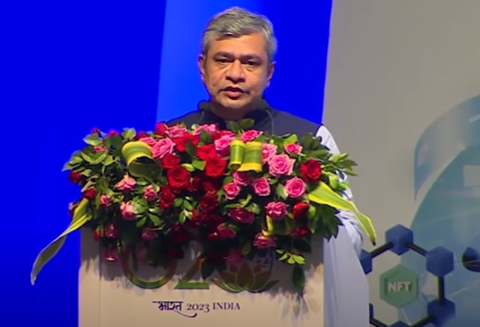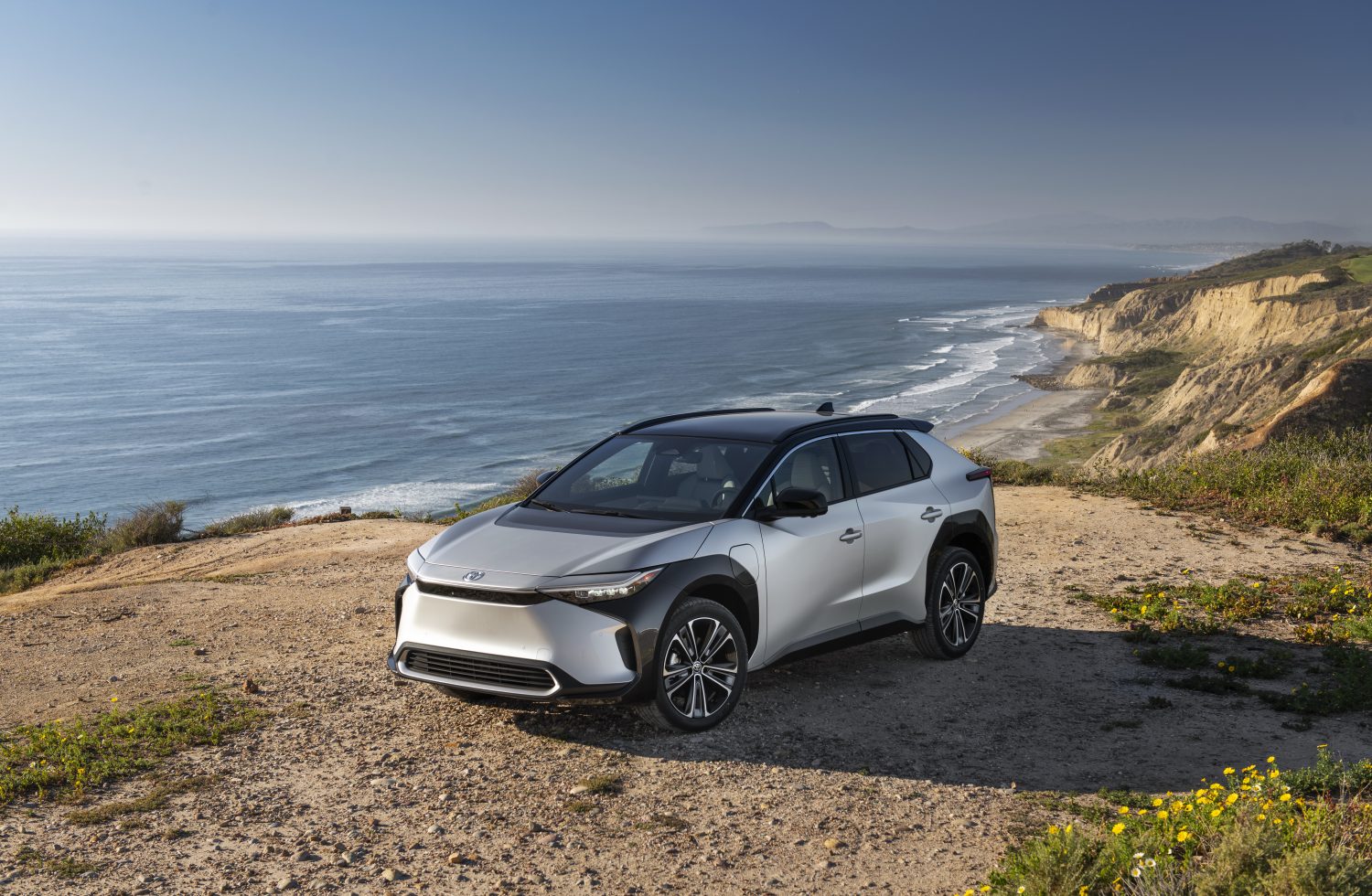
Electric vehicles are the future of India’s transportation system and could save billions of dollars in fuel cost while also reducing pollution, a report released by NITI Aayog on Friday said.
The report, jointly published with Rocky Mountain Institute, says that India can reduce its annual diesel and petrol consumption by 156 million tonnes by 2030 saving a total of Rs 3.9 lakh crore ($60 billion) per year by adopting a shared, electric and connected mobility future.
This would also save around one gigatonne of carbon emissions between 2017 and 2030, it said.
After releasing the report here, NITI Aayog CEO Amitabh Kant said that with India facing rapid urbanisation over the next three-to-four years, it must not follow the American model of urbanisation which was essentially based on availability of cheap land, water and oil.
He said electric vehicles were the future of transportation and India needed to embrace them.
“Like it or not, electric vehicles will happen in India. The challenge is how to do it rapidly and how to do in scale and size,” Kant said.
The CEO added that he could see the transition happening in a big way in a decade’s time with battery costs reducing by half in every five years or so. “But if we delay adapting to this change, we would end up importing electric vehicles and batteries instead of oil.”
“And even when all Indian vehicles are converted to electric, the subsystems import bill would be equal or higher than what oil import bill would have been if we continued with petrol and diesel vehicles,” he added.
Kant said the solution was to start manufacturing electric vehicles as early as possible and make manufacturing an integral part of the strategy going forward.
According to the report titled ‘India Leaps Ahead: Transformative Mobility Solutions for All’, India can save up to 64 per cent of anticipated passenger mobility-related energy demand and 37 per cent of carbon emissions by 2030.
“Every day, nearly 50,000 new motor vehicles (two-, three-, and four-wheelers) hit the roads and India has seen a 10 per cent annual increase in vehicle registration over the past decade.
“If current trends continue, the number of personal vehicles in India could increase three to four-fold by 2030, at significant direct and indirect costs to the economy and society,” the report said.
The report produced by NITI Aayog and Rocky Mountain Institute is based on inputs from 75 stakeholders across government and private sectors which came together in February to share their vision.
1 min read
Electric vehicles are future of transportation in India: NITI Aayog CEO Amitabh Kant








